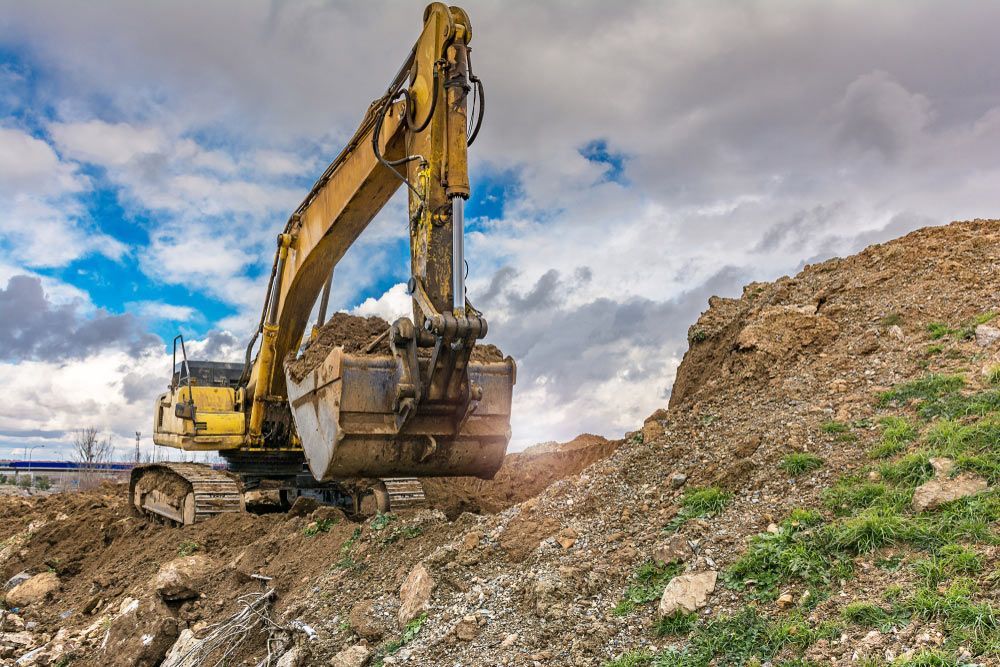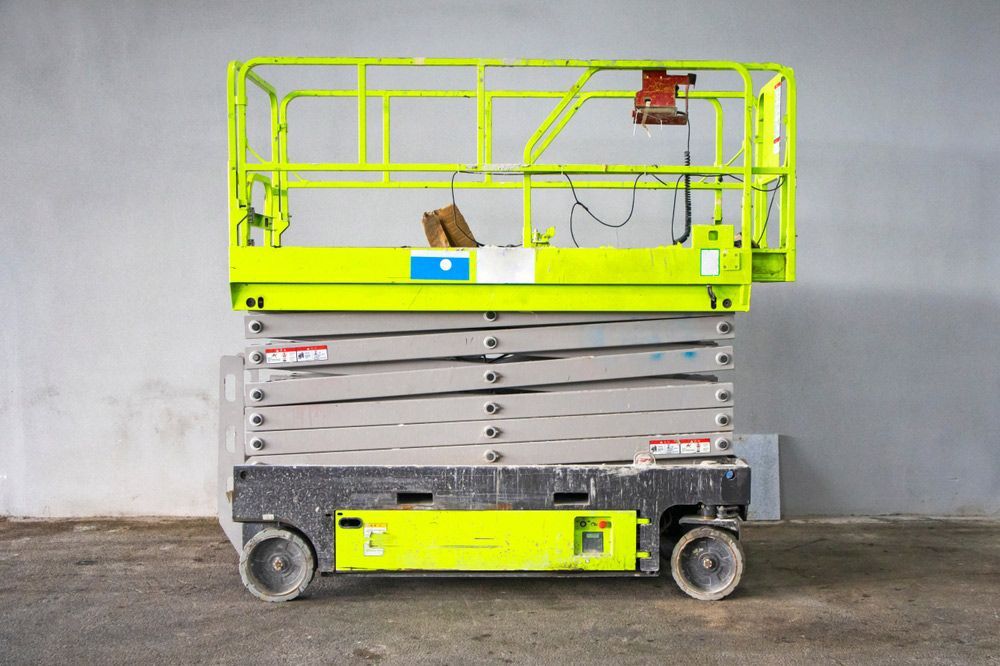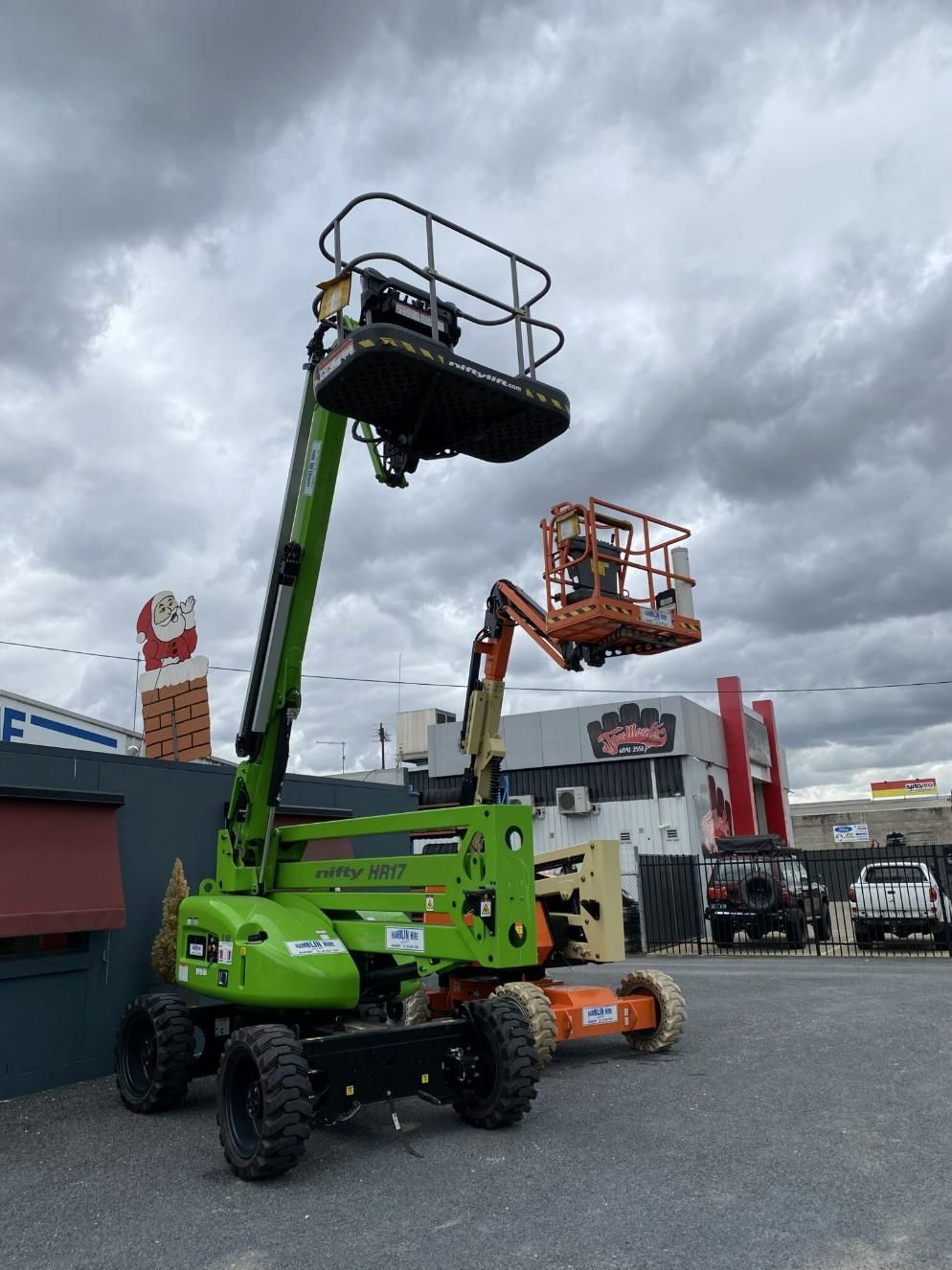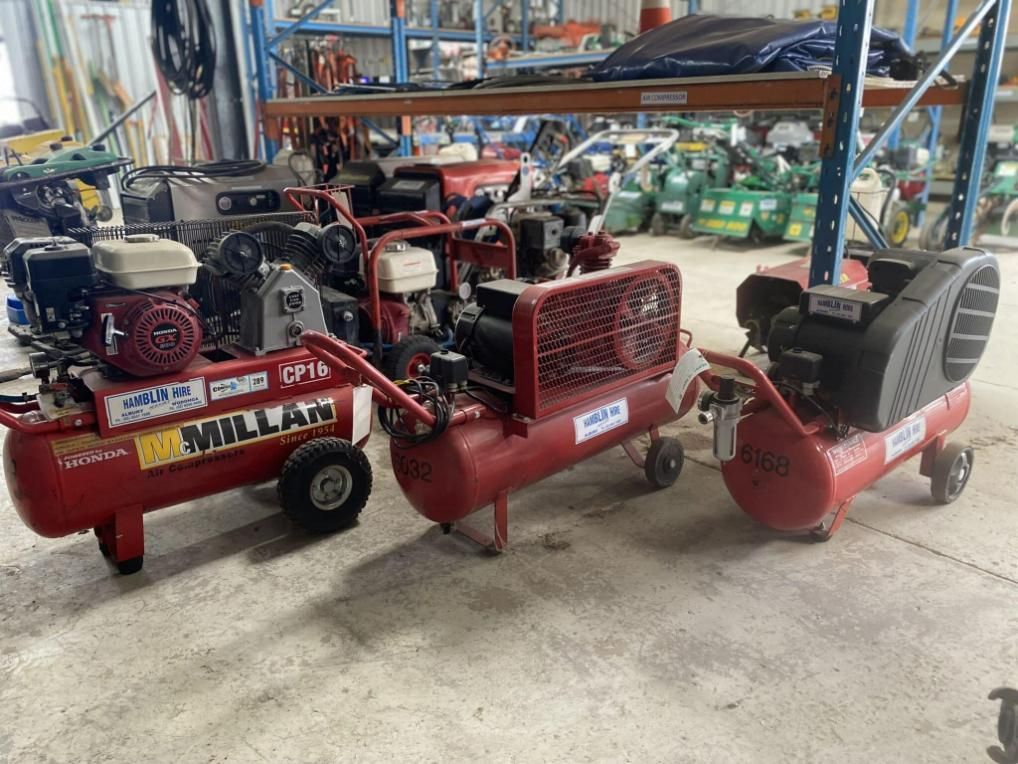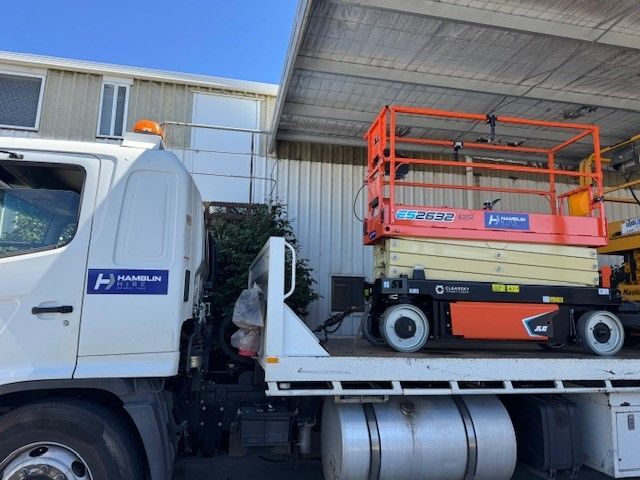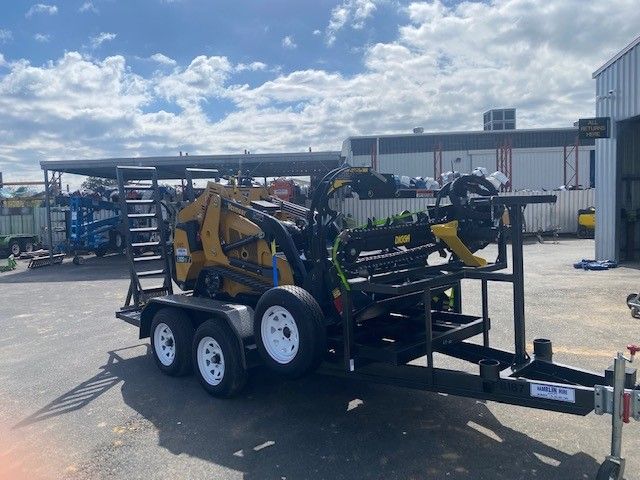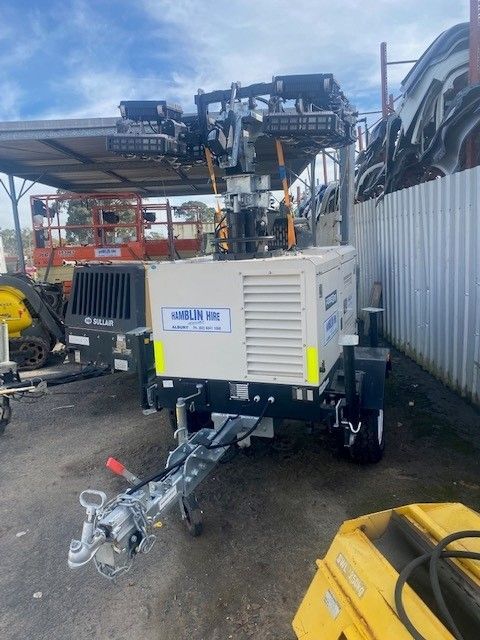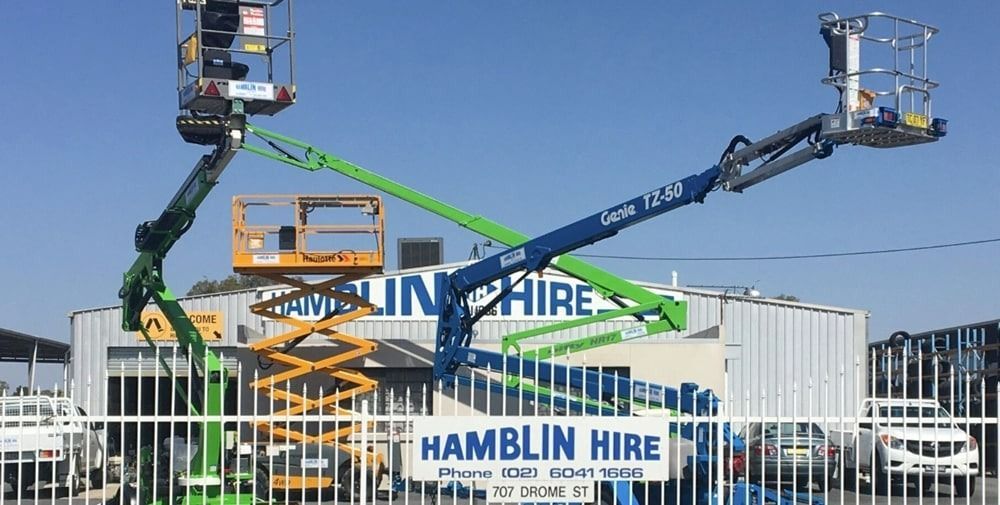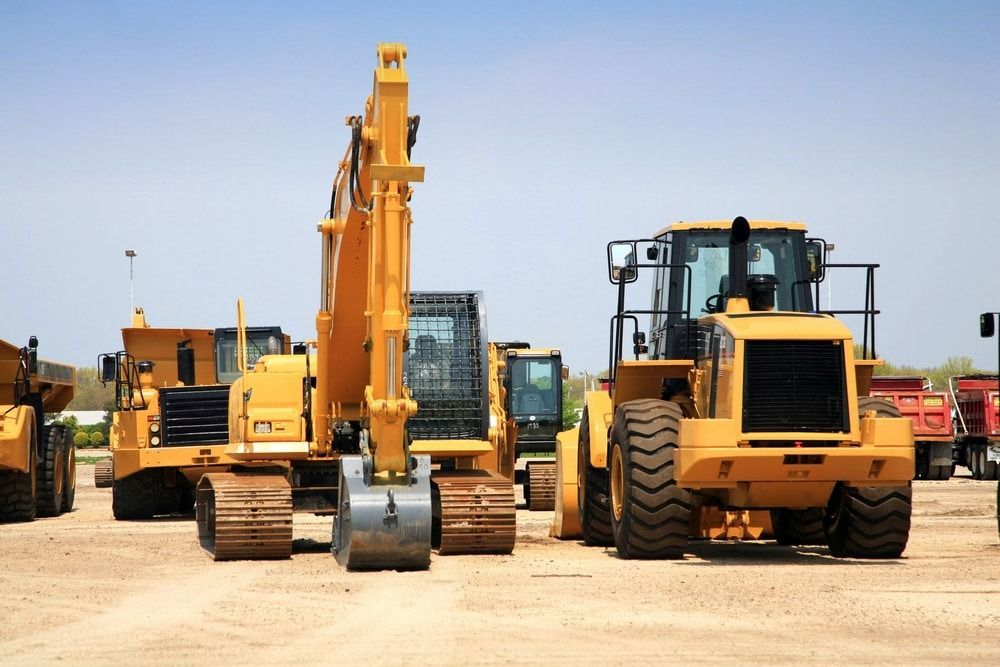Short-Term vs Long-Term Equipment Hire: What You Need to Know
Every project has different needs. Some require machinery for just a day or two, while others may depend on equipment for months at a time. Choosing between short-term and long-term hire isn’t just about cost—it’s about matching the right hire arrangement to the demands of the job. Understanding the advantages of each option can help businesses, contractors and individuals make smarter decisions and keep projects running smoothly.
Understanding the Basics of Short-Term Equipment Hire
Short-term equipment hire is designed for immediate, temporary needs. It works well for projects that only last a few days or weeks, or for tasks where equipment is needed occasionally. This option gives access to high-quality machinery without the burden of long commitments. Short-term hire is ideal for:
- One-off tasks like site clean-ups or event setups
- Smaller projects with a clear end date
- Emergencies where equipment is required quickly
This flexibility makes it a popular choice for short jobs where efficiency and convenience matter.
Long-Term Equipment Hire: Planning for Extended Projects
For larger-scale or extended projects, long-term hire offers consistency. By securing equipment for weeks or months, businesses can keep operations moving without interruptions caused by repeated returns or rehires. Long-term hire works well for:
- Ongoing construction or infrastructure projects
- Landscaping jobs that stretch over multiple seasons
- Businesses needing reliable access to machinery without buying outright
This approach provides stability, helping projects stay on track without the need to renegotiate short-term agreements.
Cost Considerations: Daily Rates vs Ongoing Contracts
The financial aspect of hire is an important factor. Short-term equipment hire is usually charged by the day or week, which is economical for small or quick jobs. Long-term hire, however, often comes with reduced rates over time, making it more cost-effective for extended use. Cost differences to consider:
- Daily or weekly hire is budget-friendly for short tasks
- Long-term agreements reduce costs for ongoing projects
- Factoring in transport and downtime helps with accurate budgeting
Comparing costs in line with project timelines ensures value without overspending.
Flexibility and Convenience for Different Project Needs
Short-term and long-term hire both offer flexibility, but in different ways. Short-term hire is convenient for those who need machinery on demand without long contracts. Long-term hire offers the reliability of having equipment available whenever it’s needed. Benefits include:
- Short-term hire is perfect for last-minute or seasonal work
- Long-term hire removes the need to constantly book and return items
- Both options help reduce the need for costly ownership
Matching flexibility to the nature of the project keeps work flowing smoothly.
Maintenance and Servicing: Who Takes Care of What?
One advantage of hiring equipment is that maintenance is typically covered by the hire company. This gives peace of mind and saves on unexpected costs. The specifics, however, can differ depending on whether the arrangement is short-term or long-term. Key points:
- Short-term hire generally includes full servicing before each use
- Long-term hire often comes with scheduled maintenance visits
- Hire agreements usually clarify who is responsible for minor upkeep
Understanding these details avoids confusion and keeps projects on schedule.
Equipment Availability and Planning Ahead
Equipment availability is another factor when deciding between short- and long-term hire. Booking ahead is essential for long-term projects, ensuring the right machinery is locked in for the duration of the job. Short-term hire works well for urgent or unexpected needs, where flexibility is key. Considerations include:
- Reserving long-term hire early to guarantee availability
- Using short-term hire for last-minute or unpredictable jobs
- Coordinating bookings around peak demand periods
By planning ahead, clients can secure the equipment they need without delays.
Matching Equipment Hire to Industry Demands
Different industries benefit from hire options in different ways. Construction projects often require long-term hire to keep machinery onsite for months, while landscaping may vary between seasonal long-term use and short-term jobs. Event organisers, on the other hand, tend to use short-term hire for set-up and pack-down. Examples include:
- Construction: cranes, excavators and earthmoving equipment
- Landscaping: trenchers, mowers and compact loaders
- Events: generators, lighting towers and temporary structures
Matching hire type to industry demands helps balance cost and convenience.
Choosing the Right Hire Option with Expert Guidance
Deciding between short- and long-term hire isn’t always straightforward. Hire specialists can provide guidance by assessing project needs, timelines and budgets. Their insight helps clients choose the option that saves money, avoids delays, and keeps the project moving. Points to discuss with hire providers:
- Duration and scope of the project
- Budget and expected costs
- Equipment availability and maintenance requirements
With expert advice, it becomes easier to select the right hire arrangement for any situation.
Hire With Us Today
At
Hamblin Hire, we provide both short-term and long-term equipment hire in Albury Wodonga to support a wide range of projects. Whether you’re managing a construction site, planning a landscaping job or coordinating an event, our team can guide you in choosing the right hire option for your needs. To explore your options,
get in touch with our team today.

